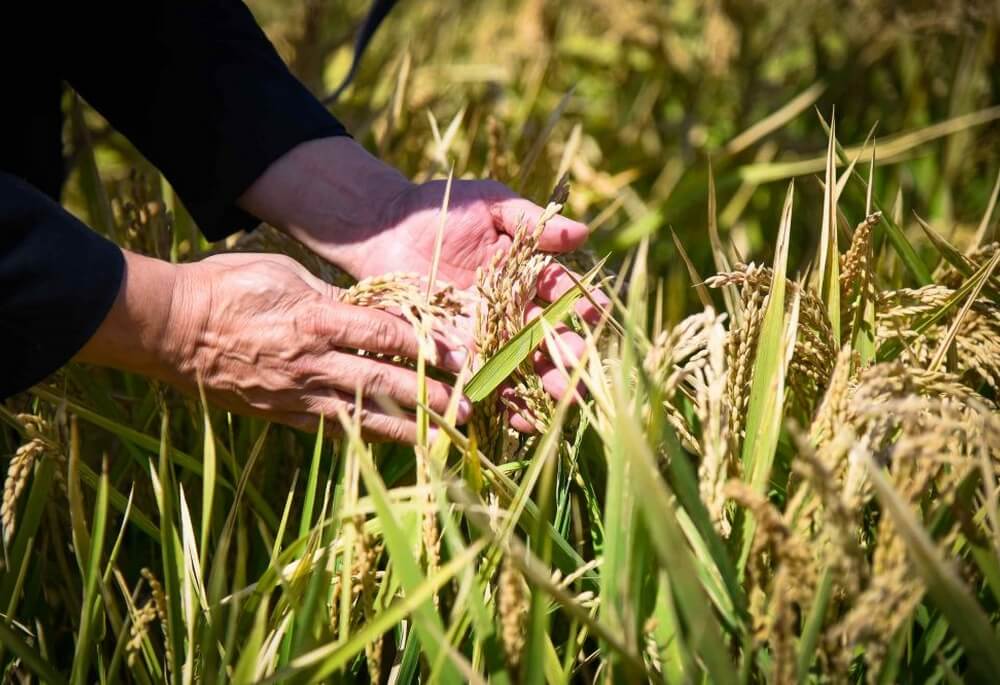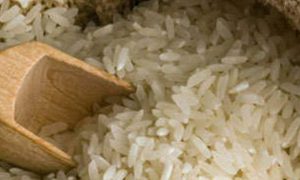Odisha rice scientists excited as PM dedicates three varieties developed by them to nation

Scientists at the National Rice Research Institution (NRRI) in Cuttack are celebrating as PM Modi dedicated three of their new rice varieties to the nation. On Sunday, Modi unveiled 109 new crop varieties, including CR Dhan108, CR Dhan810, and CR Dhan416, which are bio-fortified, high-yielding, and climate-resilient. CR Dhan108 is suited for drought-prone areas, CR Dhan810 for flood-prone regions, and CR Dhan416 for saline soils. These varieties are expected to boost productivity and farmer income. NRRI, established in 1946 and now under ICAR, has developed 188 rice varieties in its 78-year history.
Cuttack: Scientists at the National Rice Research Institution (NRRI) here are excited as Prime Minister Narendra Modi on Sunday dedicated three rice varieties developed by them to the nation.
PM Modi dedicated at least 109 new varieties of crops to the nation on Sunday. The premier rice research institution of the country here identified and released eight new rice varieties last year from which the PM had picked up three significant varieties that are bio-fortified, high-yielding and climate-resilient.
Among the eight recently released varieties of NRRI, the Prime Minister dedicated CR Dhan108, CR Dhan810 and CR Dhan416 to the nation for their rich nutritional values, climate -friendly and high-yielding characteristics, NRRI director A K Nayak said on Monday. CR Dhan108 is suitable for the drought-prone ecology of Eastern India. This variety has an average productivity of 32 quintals per hectare, Nayak said.
Its maturity duration is 112 days and grains are medium slender and it will boost the income of farmers,” he claimed. Similarly, CR Dhan810 is a submergence-tolerant variety and is recommended for flood-prone lowland areas of Odisha, West Bengal and Assam. On the other hand, CR Dhan416 is suitable for the saline soil of West Bengal, Maharashtra and Gujarat with an average productivity of 43 quintals per hectare and a maturity duration of 125 days. Nayak further said that the seeds of these three new varieties have the potential to give good yield even in adverse weather conditions.
“With the eight new varieties of rice developed by us recently, this institution here in its 78 years of existence, has so far developed 188 varieties of of rice that are not only high-yielding but are suitable to different ecosystems of the country,” the director said. Previously named as Central Rice Research Institute (CRRI), this was established in April 1946 and is currently under the administrative control of the Indian Council of Agricultural Research (ICAR).
















